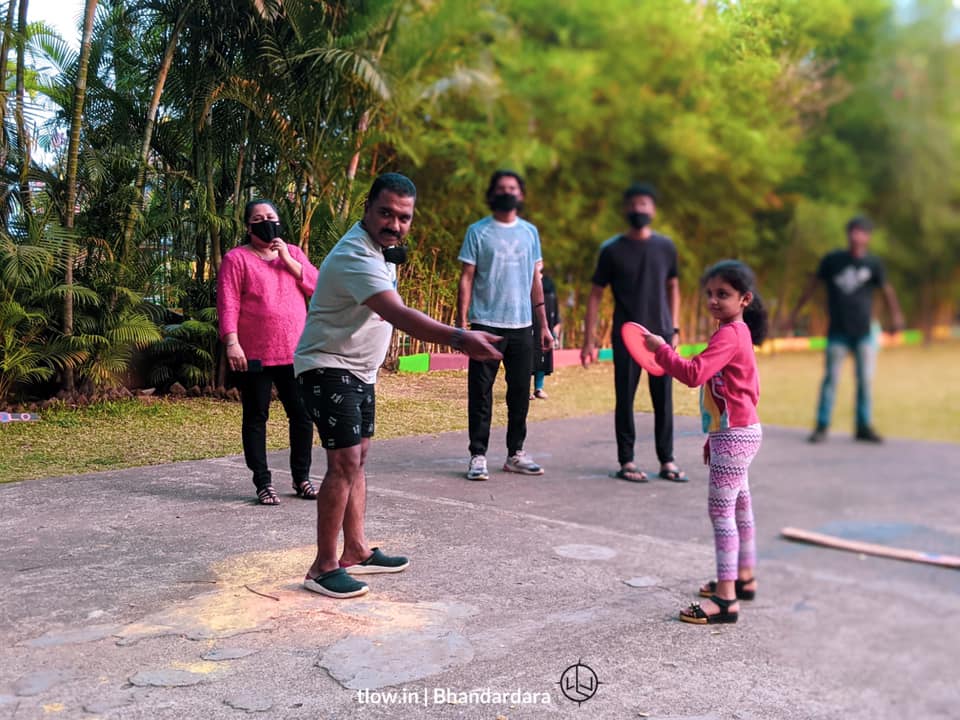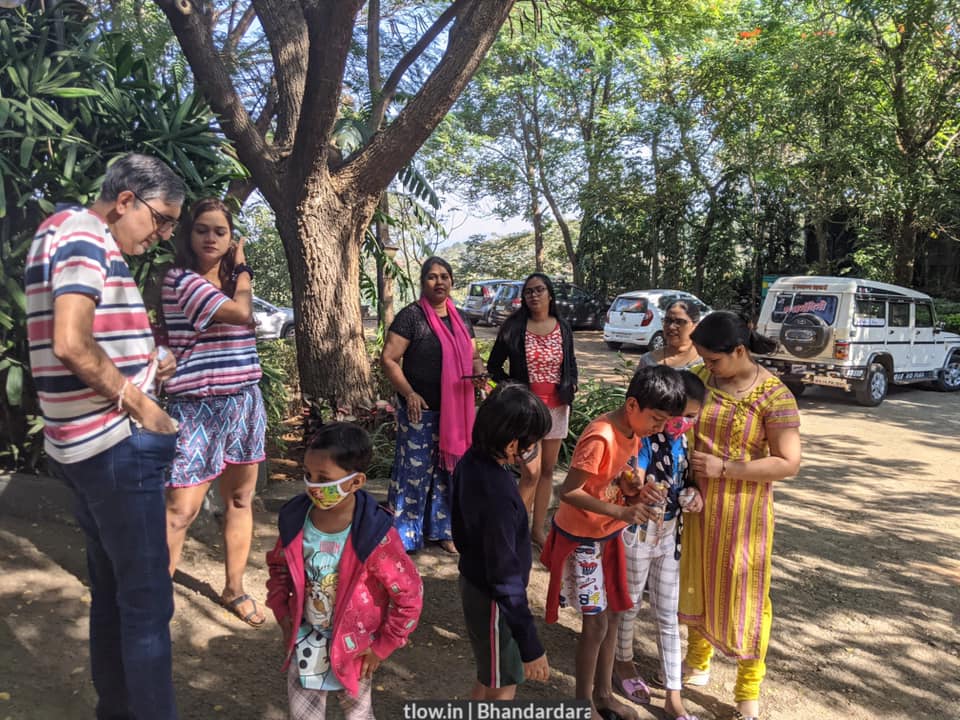
What to do when your child falls sick on a vacation
Travelling with kids is always a mixed bag especially when it comes to how they will respond to various factors. Having their emergency medicines handy is always a good idea. But there can be times that the illness may not respond to usual cures. When your child falls sick on a vacation, it can be worrisome and stressful. Here are some steps to take:
Table of Contents

1. Stay calm:
It’s important to stay calm and reassure both yourself and your child that everything will be okay. Panicking can exacerbate the situation and make your child more anxious.
2. Assess the situation:
Assess the severity of the illness. Is it a minor ailment that can be treated with over-the-counter medication, or does it require medical attention? Take note of the symptoms and any changes in your child’s condition.
3. Seek medical help if necessary:
If the illness is severe or worsening, it’s best to seek medical help. Contact the local emergency services or visit a nearby hospital or clinic. If you’re in a foreign country and language is a barrier, contact your embassy or consulate for assistance.

4. Follow medical advice:
Once you have sought medical help, follow the advice and prescribed treatments provided by the healthcare professional. Ensure you understand any necessary medication dosages, schedules, and any precautionary measures to be taken.
5. Provide comfort and care:
While waiting for medical attention or during recovery, provide your child with comfort and care. Make sure they rest, stay hydrated, and are kept in a comfortable environment. Offer reassurance and distractions such as reading a book, watching a movie, or playing quiet games.
6. Adjust plans if needed:
Depending on the severity of the illness, you may need to adjust your vacation plans. This may involve rescheduling activities, staying in and focusing on rest and recovery, or even considering cutting the trip short if necessary.

7. Stay connected with your child’s primary healthcare provider:
If the illness continues after returning from vacation or if you have any concerns, it’s important to stay in contact with your child’s primary healthcare provider. They can provide guidance and ensure proper follow-up care if needed.
Remember, the well-being of your child is the top priority. Take necessary precautions while travelling, such as carrying a basic first aid kit and any required medications. It can also be helpful to have travel insurance that covers medical emergencies.











